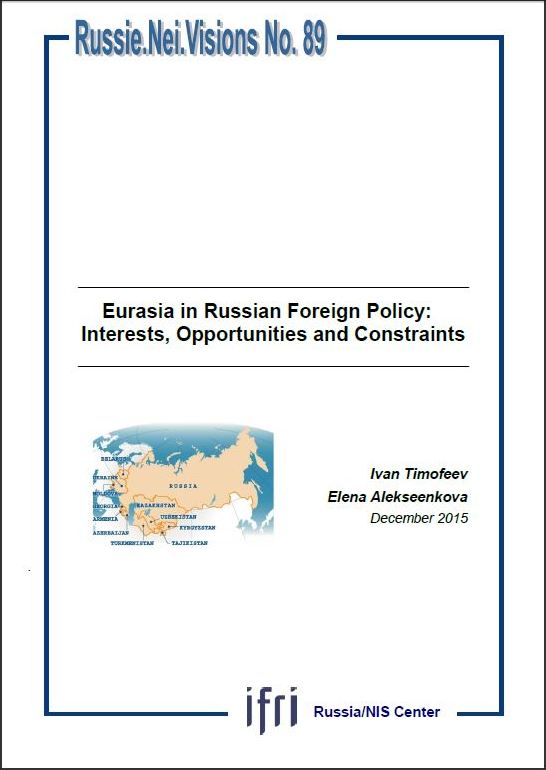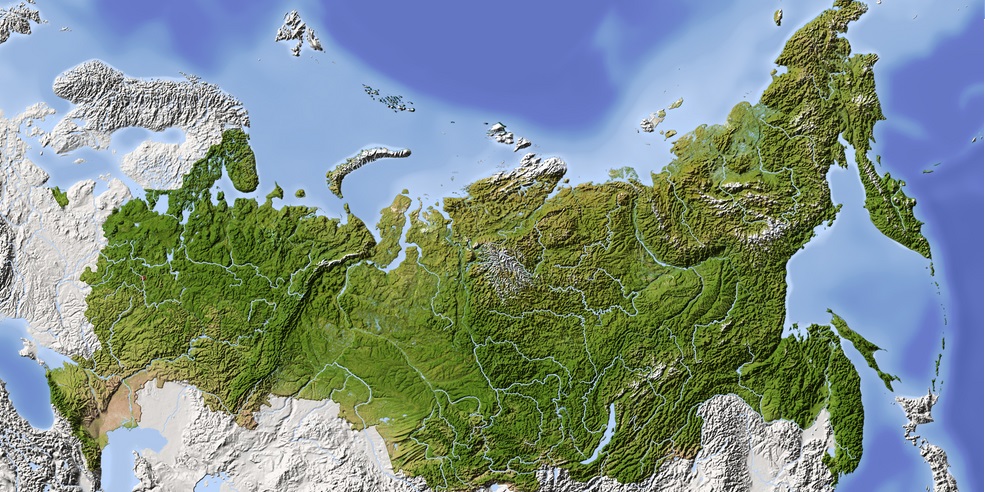Eurasia in Russian Foreign Policy: Interests, Opportunities and Constraints

The Eurasian axis of Russian foreign policy has been given several impetuses over the last two years. The most important of these has been the sharp deterioration in relations with the West against the backdrop of the Ukraine crisis.

In response to such changes, Russia’s approach to multipolarity has shifted: it is now understood to offer simultaneous access to several different sources of economic growth and modernisation. Success in Russia’s Eurasian foreign policy will require real effort to promote economic development and guarantee security. In the field of development, Russia has a great potential but starts from a weak position. It has a significant advantage, however, in being able to underwrite regional security, an essential precondition for economic development at a time when the risks of the region descending into chaos are high. The politicization of economic projects ranks among the major risks associated with Eurasian integration.
Ivan Timofeev has been Director of Programs at the Russian International Affairs Council (RIAC).
Elena Alekseenkova has been Program Manager at the Russian International Affairs Council (RIAC).
Download the full analysis
This page contains only a summary of our work. If you would like to have access to all the information from our research on the subject, you can download the full version in PDF format.
Eurasia in Russian Foreign Policy: Interests, Opportunities and Constraints
Related centers and programs
Discover our other research centers and programsFind out more
Discover all our analysesRussia's Asia Strategy: Bolstering the Eagle's Eastern Wing
Among Russia’s strategic priorities, Asia traditionally played a secondary role compared to the West. In the mid-1990s, then Foreign Minister Yevgeny Primakov initiated a rapprochement with China and India. Then, in 2014, deteriorating relations between Russia and the West prompted Moscow to begin its “great pivot to the East”.
Kazakhstan After the Double Shock of 2022: Political, Economic and Military Consequences
The year 2022 represented a dual shock for Kazakhstan. In January, the country faced its most severe political crisis since independence, followed in February by Russia’s full-scale invasion of Ukraine, which cast uncertainty over the borders of post-Soviet states. These consecutive crises profoundly shaped Kazakhstan’s domestic and foreign policy.

How the Russian Army Changed its Concept of War, 1993-2022
The traditional and high-intensity war that has occurred in Ukraine since Russia decided to invade raises a key issue: did post-soviet Russian strategic thought really prepare Russia for waging this war?
Russia's Nuclear Deterrence Put to the Test by the War in Ukraine
From the outset of its “special military operation” (SVO) against Ukraine on February 24, 2022, Russia, which possesses one of the world’s largest nuclear arsenals, has adopted aggressive deterrence measures and a resolutely menacing rhetorical stance.











